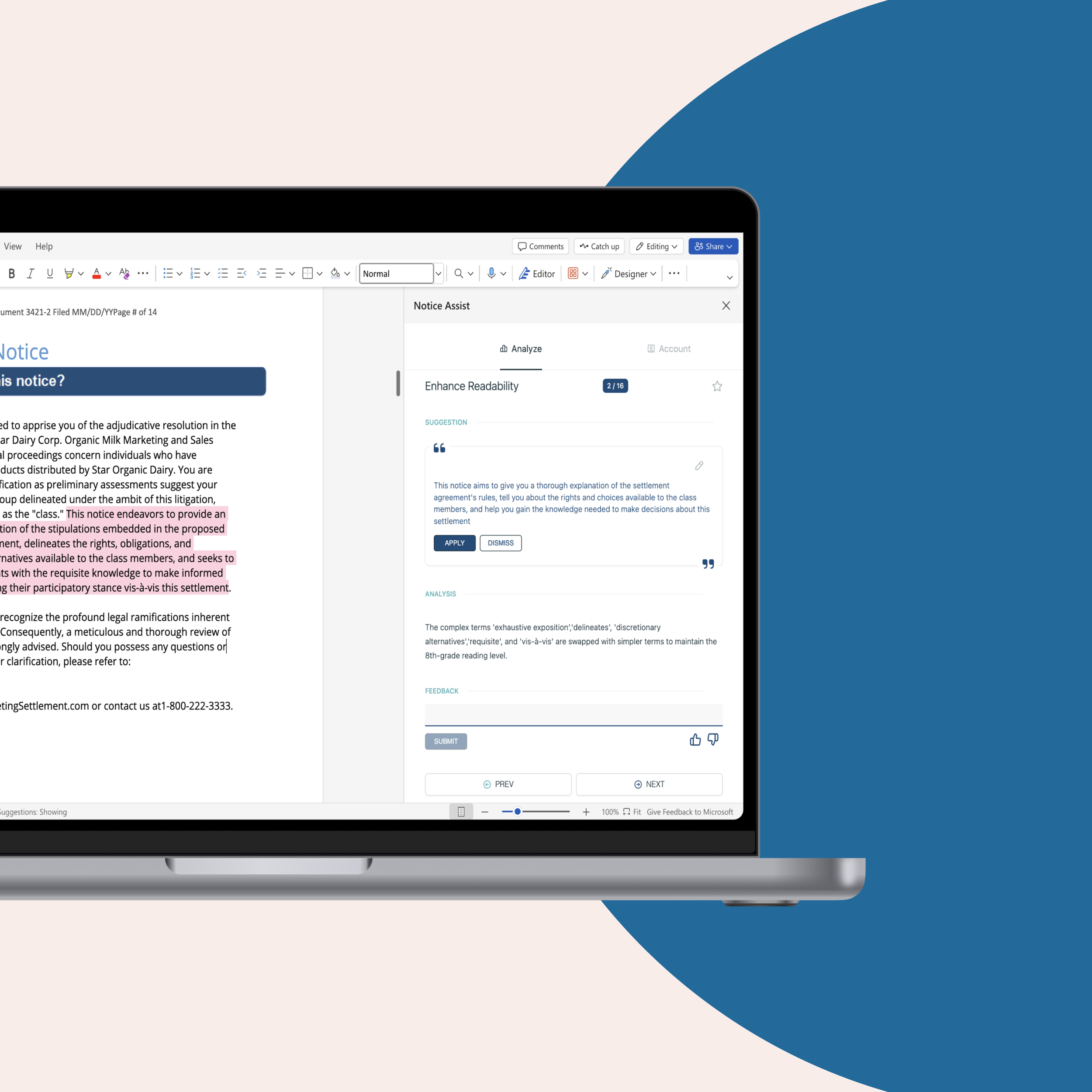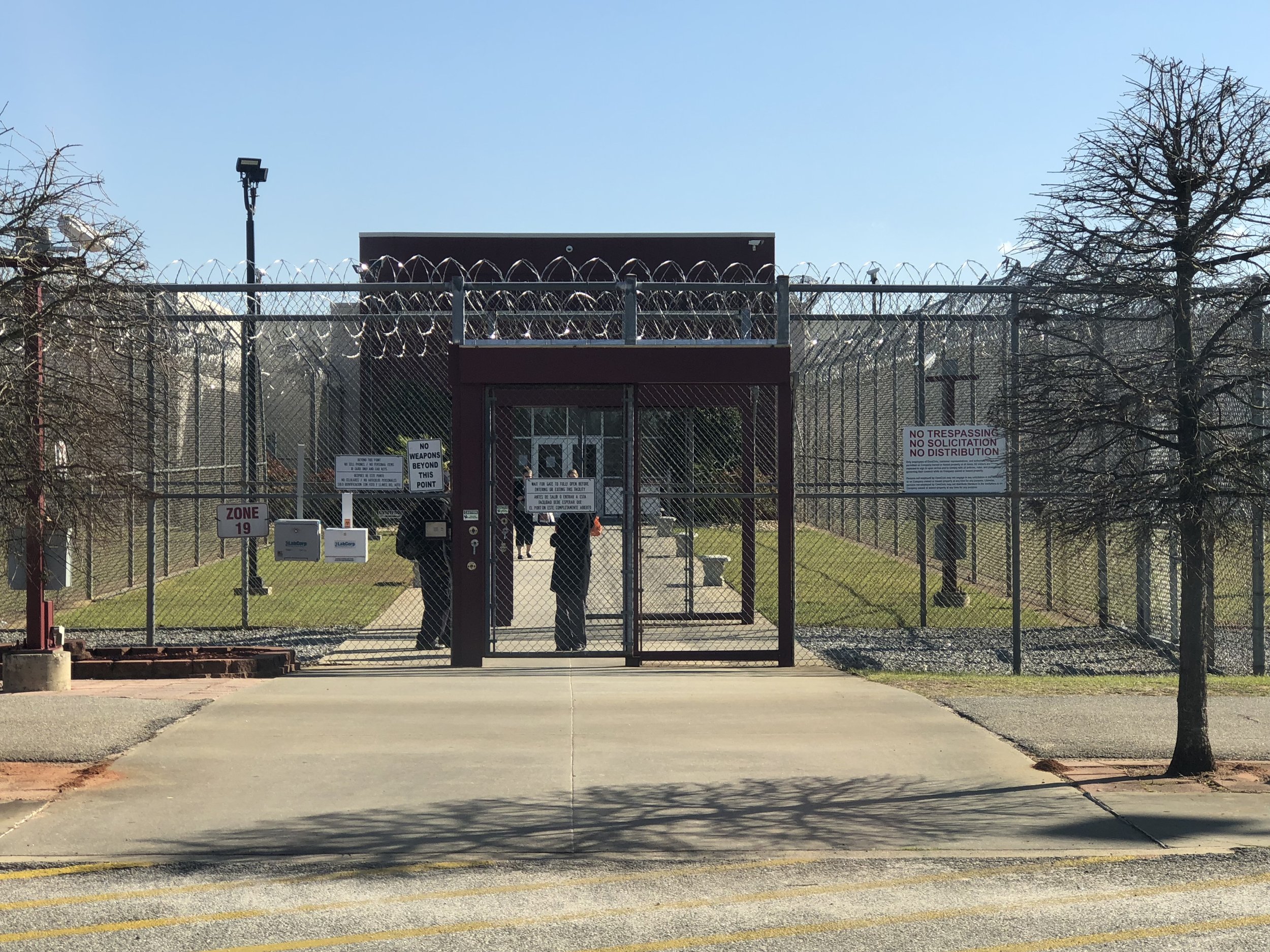
PRACTITIONER BLOG
Read our analyses of developments in Impact Litigation and stay current on class action law

Impact Fund & Co-Counsel Challenge New HHS Directive Excluding Families from Head Start Based on Immigration Status
On July 14, 2025, the Department of Health and Human Services (HHS) issued a new directive that makes immigration status an eligibility requirement for Head Start for the first time in the program’s sixty-year history. On July 21, we filed a motion for a temporary restraining order to stop the Immigrant Exclusion Directive from going into effect.
The Trump Administration estimates that the Immigrant Exclusion Directive excludes at least 500,000 children from Head Start.

Impact Fund & Co-Counsel Seek Injunction to Halt Trump Administration’s Dismantling of Head Start
In May, a coalition of Head Start associations and parent organizations, represented by the Impact Fund, ACLU, Crowell & Moring LLP, and Feldesman Leifer LLP, filed a motion for a preliminary injunction in a lawsuit challenging the Trump administration’s attacks on the Head Start program.
The program provides comprehensive early education services to over 800,000 children and families nationwide each year.

Impact Fund & Amici Urge Ninth circuit to Affirm The preliminary injunction Blocking Trump Admin From Dismantling Refugee Admissions Program
Last month, the Impact Fund, Justice in Aging, Refugee and Immigrant Center for Education and Legal Services, and fellow social justice organizations filed an amicus brief in Pacito v. Trump in the Ninth Circuit. Pacito v. Trump, No. 2:25-cv-2:55 (W.D. Wash.).
On appeal, our amicus brief emphasizes the critical role of refugee resettlement partners in helping older adult refugees adjust to life in the United States.

Top 10 Tips For Your Next Class Action Settlement Mediation
Everyone who has negotiated a class action settlement has probably had some term he or she forgot to address at mediation, or in the MOU, that returned in drafting the “final” agreement as a big headache and put the deal at risk. I have. I have thought, at many class action mediations, “I wish I had a checklist so I would remember all the key terms.” Here it is...

Impact Fund & AMICI Urge Sixth Circuit to Affirm Class Certification in Discriminatory Water Billing Case
In October 2024, the Impact Fund and fellow amici Bet Tzedek Legal Services, Centro Legal de la Raza, Legal Aid at Work, and Public Counsel, filed a brief urging the Sixth Circuit to uphold the federal district court’s certification of a class of Black Cleveland residents who brought a lawsuit alleging discriminatory water billing practices by the City.

Launching NoticeAssist: Software That Helps Litigators Draft Better Class Action Notices
Last month we launched NoticeAssist, the first-of-its-kind, free software tool to help practitioners draft clear and effective class notices. In a moment, I’ll tell you what it can do for you. But, some of you may be wondering - why software and why now?

The Seventh Circuit Breaks with Eleventh, Allows Service Awards for Named Plaintiffs
In 2020, a panel of the Eleventh Circuit Court of Appeals stunned the class action bar when it ruled in Johnson v. NPAS Solutions., LLC, 975 F.3d 1244 (11th Cir. 2020), that service awards for class representatives are categorically unlawful. Service awards are financial payments to class representatives that have long been used to acknowledge their service to the class. In April of 2024, the Seventh Circuit split with the Eleventh Circuit when it allowed service awards.

IMPACT FUND & AMICI to CALIFORNIA COURT OF APPEAL: PROTECT CATALYST FEES
In June, Impact Fund filed an amicus brief on behalf of thirty-six other public interest law organizations in San Diego Tenant Union et al. v. San Diego Housing Commission et al., in the California Court of Appeal. Our brief asked the Court to affirm the availability of catalyst fees to plaintiffs' counsel in successful public interest lawsuits because nonprofit legal services organizations rely upon the fee-shifting provisions of catalyst fees to undertake important litigation. “Catalyst fees” are a legal mechanism by which defendants pay plaintiffs attorneys’ fees when plaintiffs’ lawsuit induces defendants to provide the relief sought by plaintiffs—in other words, when plaintiffs’ lawsuit “catalyzes” defendants’ change in conduct.

How One Clause in Uber’s Terms of Use Could Overload U.S. Courts
If you’ve ever ridden in an Uber, you’ve ‘agreed’ to their non-negotiable terms of use. One of those terms, called the Non-Consolidation Clause, waives your right to participate in “consolidated proceedings,” group proceedings like class action lawsuits and multi-district litigation. Basically, Uber is requiring all customers to bring cases individually, regardless of what the case is about or what kind of proceeding it is. If successful, this new corporate mechanism has the potential to overload our already taxed courts.

Watching a Juris Doctor Save Lives: Partnering with Lambda Legal to Fight for Healthcare for All
Together with Lambda Legal and Walt Auvil of the Employment Law Center in West Virginia, my firm Nichols Kaster filed suit against West Virginia Medicaid on behalf our clients Christopher Fain and Shauntae Anderson. In that case, Fain v. Crouch, we challenged the state Medicaid program’s categorical exclusion of gender affirming surgical care under the Equal Protection Clause, the Affordable Care Act, and the Medicaid Act.

SNAP Lawsuit Dismissed - Mission Accomplished: Increased Food Security For 40M!
Shortly after Plaintiffs initiated the lawsuit, the USDA implemented a key accounting policy change that was requested in the class action complaint. The new policy provides protection for SNAP recipients by ensuring that benefits continue for one month after a lapse in federal appropriations. However, while this ensured SNAP benefits were not suddenly interrupted, because Congress continued to pass only short-term budget resolutions, class members faced ongoing uncertainty whether their benefits would be allocated on a longer-term basis. Plaintiffs reported trying to conserve their SNAP benefits by rationing funds, distracting themselves from hunger with water and sleep, and choosing between food and other basic necessities such as gas, hotel rooms for homeless plaintiffs and vital medications.

Announcing the Launch of the Class Notice Project
Starting today, litigators can access free, easy-to-use class notice templates designed to seamlessly facilitate the creation of notices that are engaging and understandable for class members.

Migrant Youth Class Action Holds Government Accountable, Sparking Landmark Reforms
In January 2024, the district court granted preliminary approval of three groundbreaking settlements to resolve the remainder of the Lucas R. case. These settlement agreements will provide new resources and protections by expanding the rights of three classes of youth in immigration custody: (1) youth with disabilities, (2) youth prescribed psychotropic medication, and (3) youth who seek assistance for legal counsel. The settlements not only represent much-needed reform, they also highlight the power youth hold when they share their stories and use their experiences to hold accountable those in power.

Female High School Athletes Go the Distance in Title IX Settlement with Hawaii Department of Education
Female athletes at Campbell alleged widespread and systemic sex discrimination. Female athletes frequently had to use bathrooms in a nearby Burger King or hide underneath bleachers to change for practice. The girl’s water polo team would often have to practice in the ocean, facing winds and waves. Meanwhile, male athletes had access to their own locker room and appropriate athletic facilities. Moreover, when Campell’s female athletes reported disparate treatment to the school, they faced retaliation and threats to cancel the girls water polo season. Plaintiffs sought injunctive relief under Title IX. They alleged the Hawaii Department of Education and the Oahu Interscholastic Association failed to provide female athletes with equal athletic participation opportunities and equal athletic treatment and benefits. Plaintiffs also alleged the Department of Education retaliated against the class when student athletes reported gender discrimination.

Celebrating 7 Years of the Legal Network for Gender Equity at the National Women’s Law Center
In January 2017, the National Women’s Law Center (NWLC) created the Legal Network for Gender Equity to provide support to survivors of sex harassment and discrimination at a time when many people saw on the horizon imminent and unprecedented threats to the rights of women and girls. Attorneys who join the Legal Network agree to provide free legal consultations to people who NWLC connects to them on matters relating to sex discrimination in employment, education, and healthcare settings. So, if you are not already a member, I invite you to join the Legal Network for Gender Equity – which turns 7 in January! - and to invite your colleagues to do the same.

Forced Labor Suit Leads To Detained Worker Bill of Rights
With no real choice, Mr. Hill Barrientos worked in the kitchen in SDC’s so-called “Voluntary Work Program,” cooking meals for up to 2,000 people daily. He regularly worked eight- to nine-hour shifts, and usually received $4 to $5 per day (or 50 cents per hour). Since SDC did not have outside kitchen staff other than a handful of supervisors, officers usually required Barrientos to work seven days a week, even when he was sick. After filing a grievance for being forced to work while sick, he was put in solitary for over a month.

Impact Fund joins NAACP LDF Amicus Brief defending standing in ADA discrimination case
The brief calls out Acheson’s attempts to argue the merits of Ms. Laufer’s case as a distraction to the straightforward standing inquiry at hand. Standing is a threshold issue that requires plaintiff’s allegations be taken as true. This low bar is cleared by the mere allegation of a concrete injury. Arguments about the merit of Ms. Laufer’s case including whether she experienced the “right type of discrimination” that warrants ADA protection and the degree of emotional harm she suffered are inappropriate to the threshold matter of standing and subject to review in future motions. In summary, Ms. Laufer alleges that she personally experienced discrimination, a harm in itself sufficient for standing, so Ms. Laufer has standing.

Impact Fund Amicus Brief Challenges "One-Size-Fits-All" Approach to Disparate Impact Discrimination
California Department of Health Care Services’ steady decline in reimbursement rates to doctors for standard physician services through the state Medi-Cal program has driven doctors away from the program, denying low-income Californians meaningful access to necessary healthcare. The key to a disparate impact claim is the discriminatory impact resulting from a seemingly neutral policy. Our brief argues that the superior court adopted a dangerously narrow view of disparate impact.

Impact Fund and Allies File Class Action Amicus Brief in Ninth Circuit On Behalf of Seniors and People With Disabilities
The amicus brief authored by the Impact Fund, Disability Rights Advocates, and the Disability Rights Education and Defense Fund argues that the district court’s decision ran afoul of existing case law and will undermine enforcement of ADA access laws in the precise cases where systemwide enforcement is most needed.

Impact Fund and Allies file Amicus Brief to rebuff defamation claims in Class Action litigation
The Impact Fund and amici focused on the panel’s misunderstanding of “ascertainability,” a term of art particular to class actions. Ascertainability is the implied prerequisite that a class be defined by clear and definite terms so that a court can determine who is bound by a judgment and who is entitled to relief. Critical to the issue at hand, ascertainability is a forward-looking inquiry, asking whether a court will be able to ascertain class membership at some future point in the litigation. It has never meant that plaintiffs know who is in the proposed class at the time of filing.
